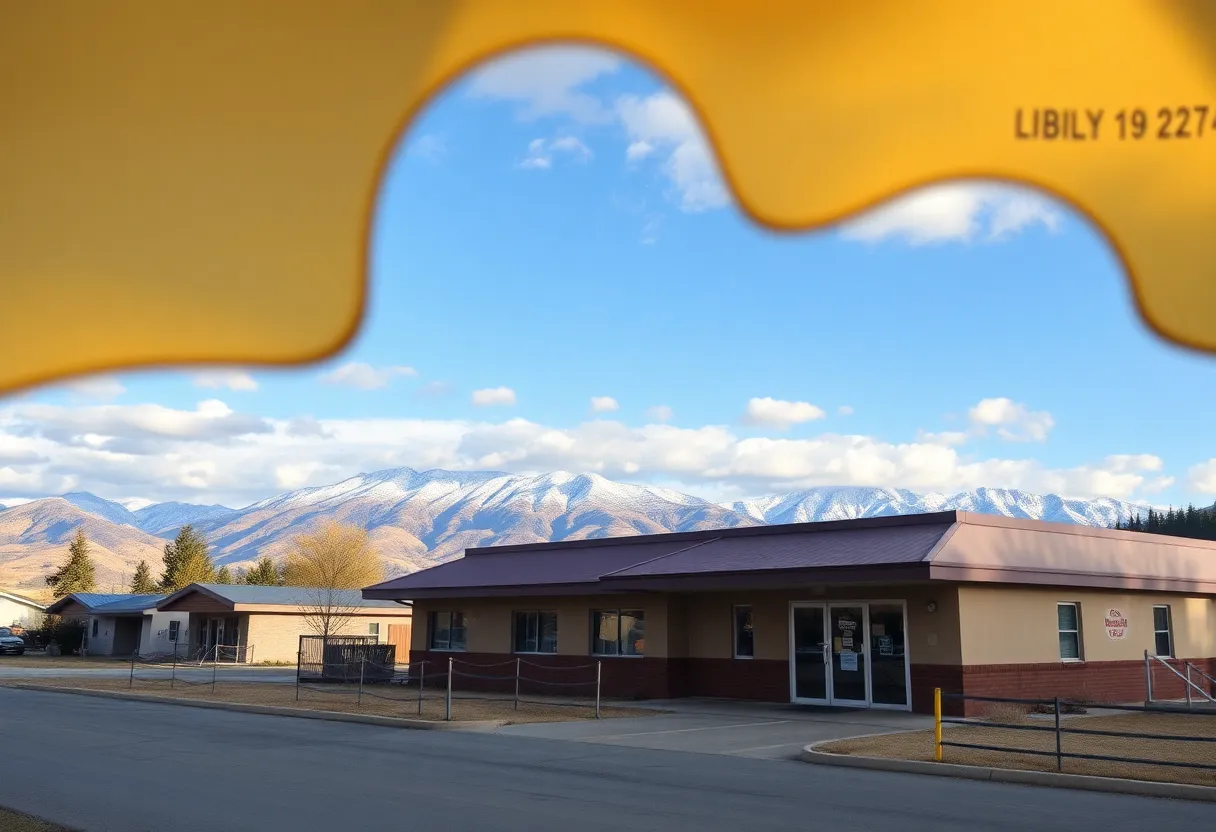News Summary
The closure of the Center for Asbestos Related Disease (CARD) clinic in Libby, Montana, has left residents in turmoil as they lose vital support for asbestos-related health issues. The clinic, long a source of hope for those suffering from mesothelioma and other diseases, shut down following a legal battle tied to asbestos contamination. With limited treatment options now available, the community grapples with uncertainty and heightened anxiety as they navigate the repercussions of this closure.
LIBBY, MONTANA: A COMMUNITY IN CRISIS AFTER CARD CLINIC CLOSURE
The small town of Libby, Montana, once known for its picturesque mountain views, is now a somber reminder of the catastrophic consequences of asbestos exposure. Thousands of residents have suffered from mesothelioma and other devastating asbestos-related diseases, and for generations, the Center for Asbestos Related Disease (CARD) has been a beacon of hope—offering essential medical care, awareness, and support to those affected by this tragic epidemic. However, the recent closure of the clinic has plunged the community into further despair and uncertainty.
A DARK TURN OF EVENTS
The downfall of the CARD clinic can be traced back to a contentious legal battle involving BNSF Railway, a company embroiled in allegations regarding its role in asbestos contamination in Libby. Residents blighted by illness saw the railway as a source of blame, and many sought justice through the courts. In a surprising twist, the railway filed a suit against the very clinic that has been the lifeline for these victims, accusing it of fraudulently processing diagnoses to secure government benefits for patients who were supposedly not eligible.
THE COURT’S DECISION
A staggering 337 diagnoses out of approximately 2,000 cases were deemed fraudulent in court, leading to a hefty $6 million judgment against CARD. Despite the ruling, the clinic attempted to continue its vital services and filed for bankruptcy. Through a settlement, the clinic was allowed to operate without an immediate financial burden, but BNSF Railway subsequently sought to collect on the fraudulent judgment, a move that resulted in the clinic’s assets being seized by order of the Lincoln County Sheriff’s Office.
A SHUTTERED CLINIC
The abrupt closure of the CARD clinic leaves a gaping hole in the community. For many patients diagnosed with mesothelioma, questions loom about where they can seek screening and treatment. Historically, CARD has played a critical role—not just in providing medical services but also in facilitating the emotional and psychological support that victims desperately need. As the clinic locks its doors, these dedicated individuals are left grappling with the uncertainty of what comes next.
UNCERTAIN FUTURE FOR PATIENTS
Now more than ever, those living in Libby experience heightened anxiety. With the closure of CARD, countless men and women who rely on regular check-ups and treatment plans find themselves with limited options. As the dust settles from this legal battle, the community’s voice grows louder. Advocacy for asbestos victims is at risk of being stifled as treatment options become nebulous.
THE RISE OF SUPPORT NETWORKS
As Libby grapples with the fallout, alternative solutions emerge. National organizations are stepping in to assist those diagnosed with mesothelioma, offering guidance, legal support, and alternative treatment pathways. Individuals seeking assistance can reach out to patient advocates at dedicated mesothelioma networks, who provide critical support alongside information on available clinical trials and treatment options.
A CALL TO ACTION
With the recent events at the CARD clinic, the fate of the community’s health hangs in the balance. Individuals who find themselves in similar circumstances can reach out for help and information regarding their diagnoses and treatment plans. The fight against mesothelioma and asbestos-related diseases isn’t over. Community solidarity is vital as Libby’s residents navigate this challenging chapter. Those affected should be informed and empowered to seek assistance through the available support networks.
For anyone grappling with a mesothelioma diagnosis or concerns about asbestos exposure, reaching out to patient advocates is a crucial first step. Knowledge is power, and access to vital information can lead to proper care and support.
Deeper Dive: News & Info About This Topic
HERE Resources
The Closure of CARD and Its Impact on Asbestos Victims in Libby, Montana
Clinic Closure Shocks Libby, Montana Amid Asbestos Health Crisis
The Shocking Closure of Libby’s Asbestos Clinic
Closure of Libby’s Asbestos Health Clinic Shakes Community
The Alarming Rise of Mesothelioma Deaths in Britain: A Call for Action
Free State High Court Freezes R32 Million in Corruption Case
Auckland’s War Memorial Museum Faces Closure Amid Asbestos Scare
Infrastructure Dilemma at Corpus Christi Schools: Are Students Safe?
Fourth Circuit Approves Asbestos Reorganization Plan
Tractor-Trailer Rollover in Hinsdale: Asbestos Waste Sparks Safety Concerns
Additional Resources
- Asbestos.com: Bills May Threaten Mesothelioma Payouts
- Wikipedia: Mesothelioma
- NBC News: BNSF Railway and Asbestos in Montana
- Google Search: Asbestos Health Risk
- New York Times: Asbestos in Libby, Montana
- Google Scholar: Asbestos Exposure Effects
- Encyclopedia Britannica: Asbestos
- Google News: Libby Montana Asbestos



















